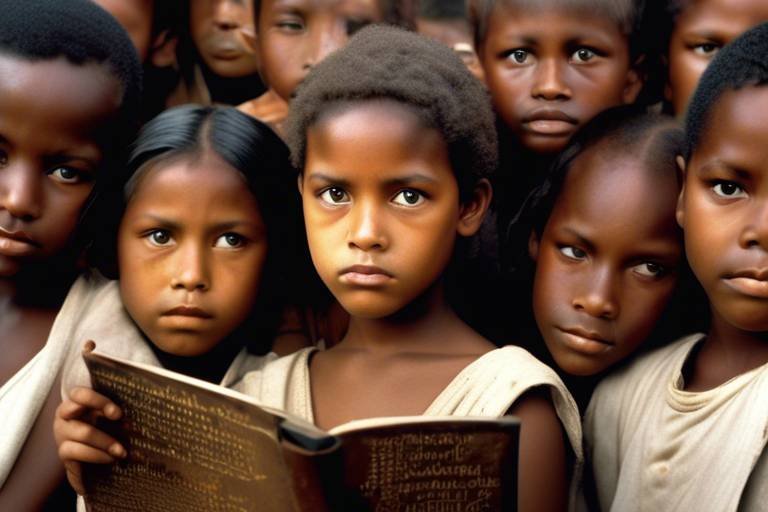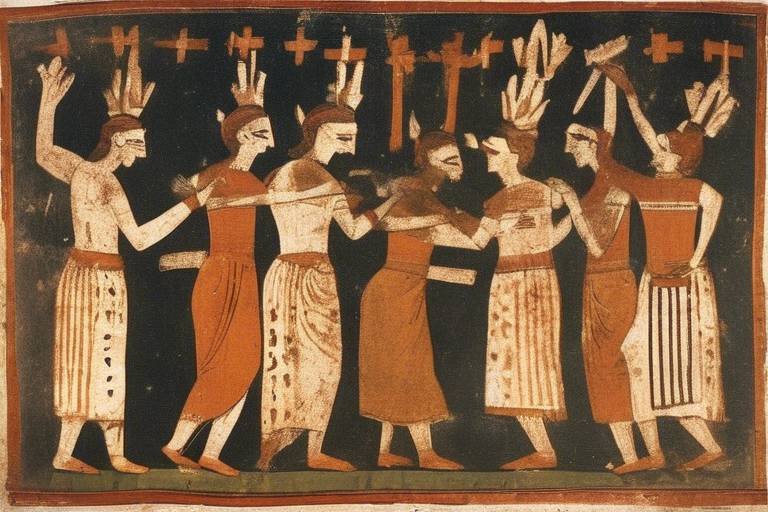The Role of Religious Leaders in Ancient Societies
Religious leaders in ancient societies held a multifaceted role that extended far beyond mere spiritual guidance. They were revered figures with immense influence over political, societal, and cultural aspects of early human communities. These leaders were not only the custodians of religious traditions but also acted as advisors to rulers, lawmakers, healers, educators, and community organizers.
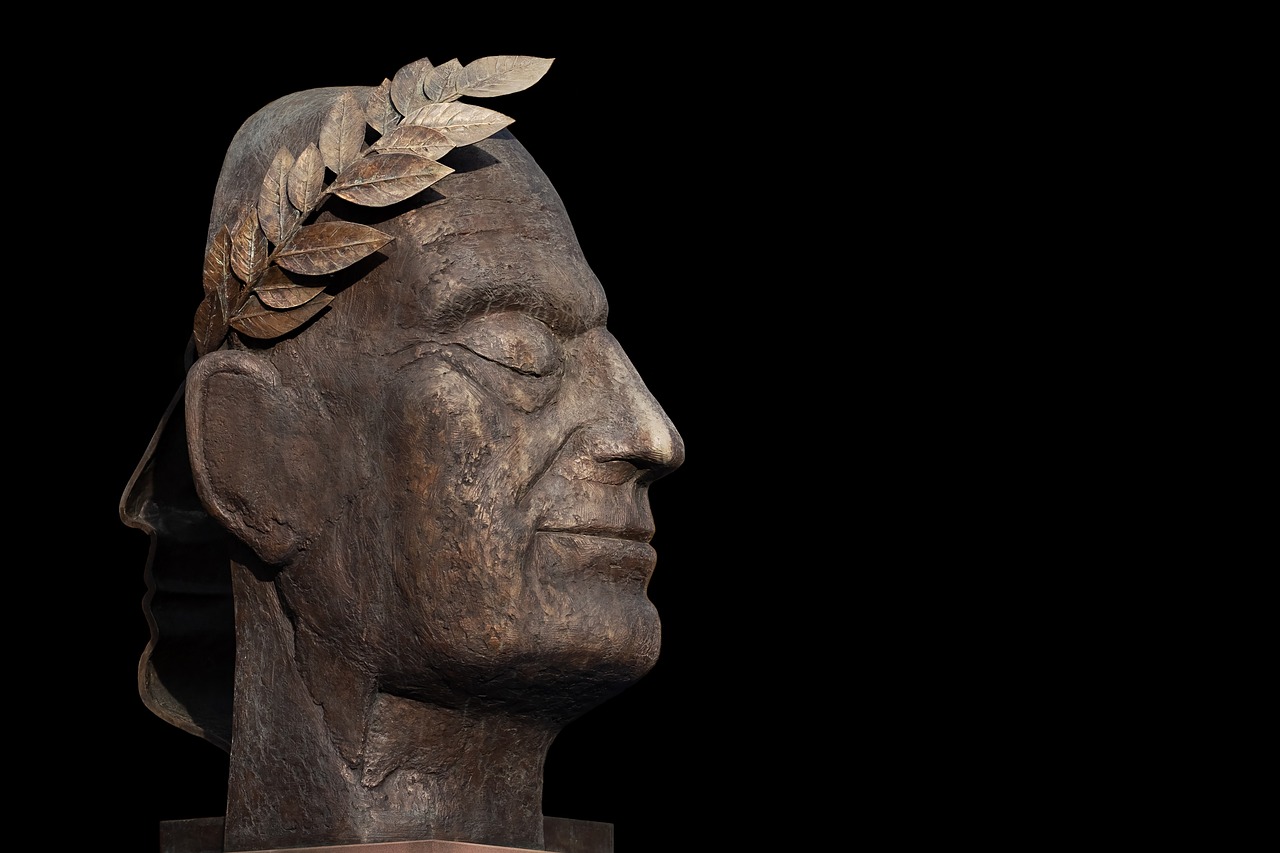
Political Influence
Religious leaders in ancient societies held significant political influence, often advising rulers and even directly participating in governing. Their close connection to the spiritual realm gave them a unique authority that blurred the lines between religious and political power. By interpreting divine will and guiding rulers on matters of governance, these leaders shaped the political landscape of ancient civilizations.
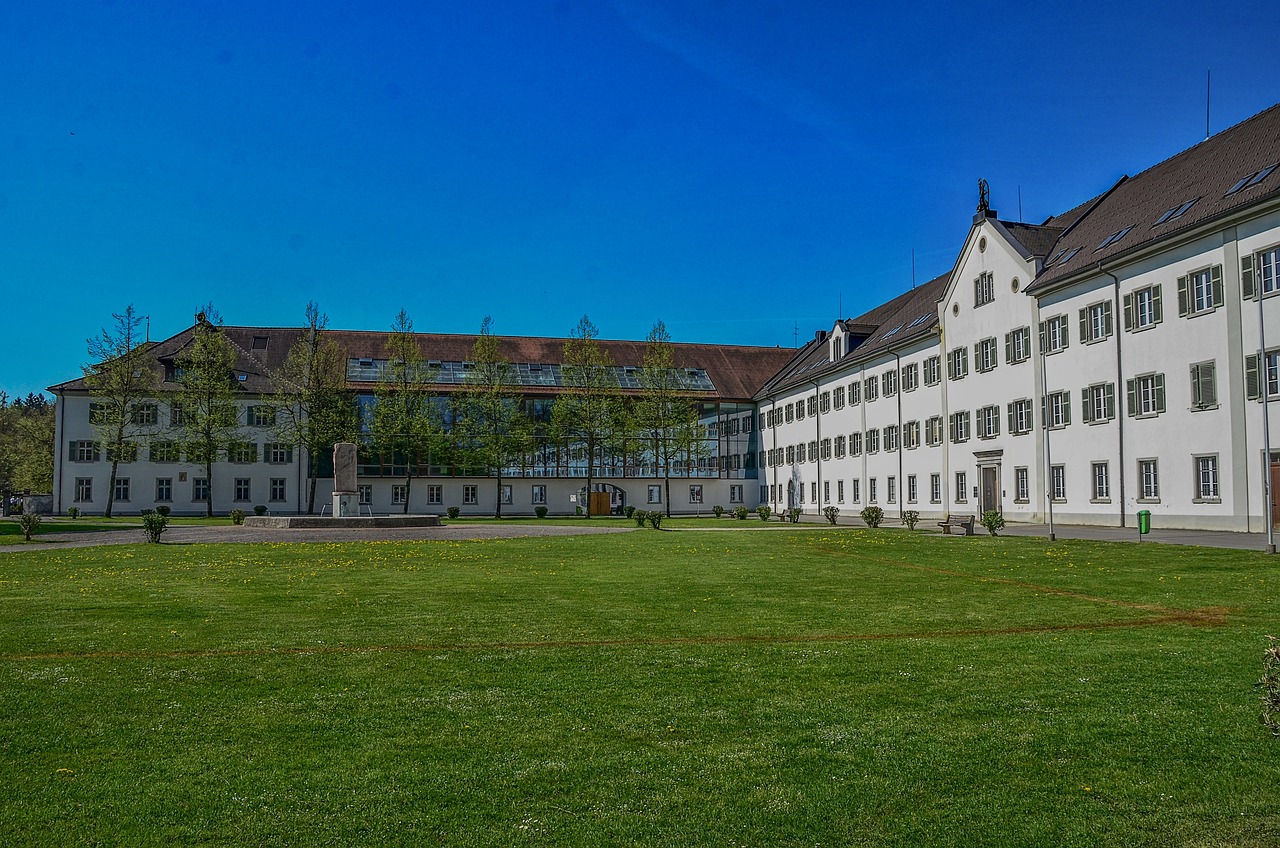
Societal Norms
Religious leaders in ancient societies played a pivotal role in shaping societal norms and values, acting as moral compasses for the community. Through their teachings and interpretations of religious texts, they enforced moral codes, guided ethical behavior, and resolved disputes among the people. Their influence extended beyond individual beliefs to encompass the collective consciousness of the society, fostering a sense of unity and shared values.
Moreover, religious leaders were instrumental in maintaining social order through their teachings and practices. By upholding religious rituals and ceremonies, they reinforced the importance of tradition and community cohesion. These rituals served as a means of connecting individuals to a higher spiritual realm while also reinforcing the bonds that held the society together. In essence, religious leaders acted as custodians of societal harmony, ensuring that norms were upheld and respected by all members of the community.
Additionally, religious leaders often served as mediators in conflicts and disagreements, using their spiritual authority to guide individuals towards reconciliation and forgiveness. Their role in promoting peace and harmony within the community was essential for maintaining stability and fostering a sense of belonging among the people. By embodying the values they preached, religious leaders set an example for others to follow, creating a framework of behavior that governed social interactions and relationships.
Furthermore, the influence of religious leaders on societal norms extended to areas such as gender roles, family structures, and ethical conduct. Through their teachings, they reinforced traditional values and beliefs that shaped the fabric of society. By promoting virtues such as compassion, honesty, and respect, religious leaders instilled a sense of moral responsibility in the community, guiding individuals towards virtuous behavior and ethical decision-making.
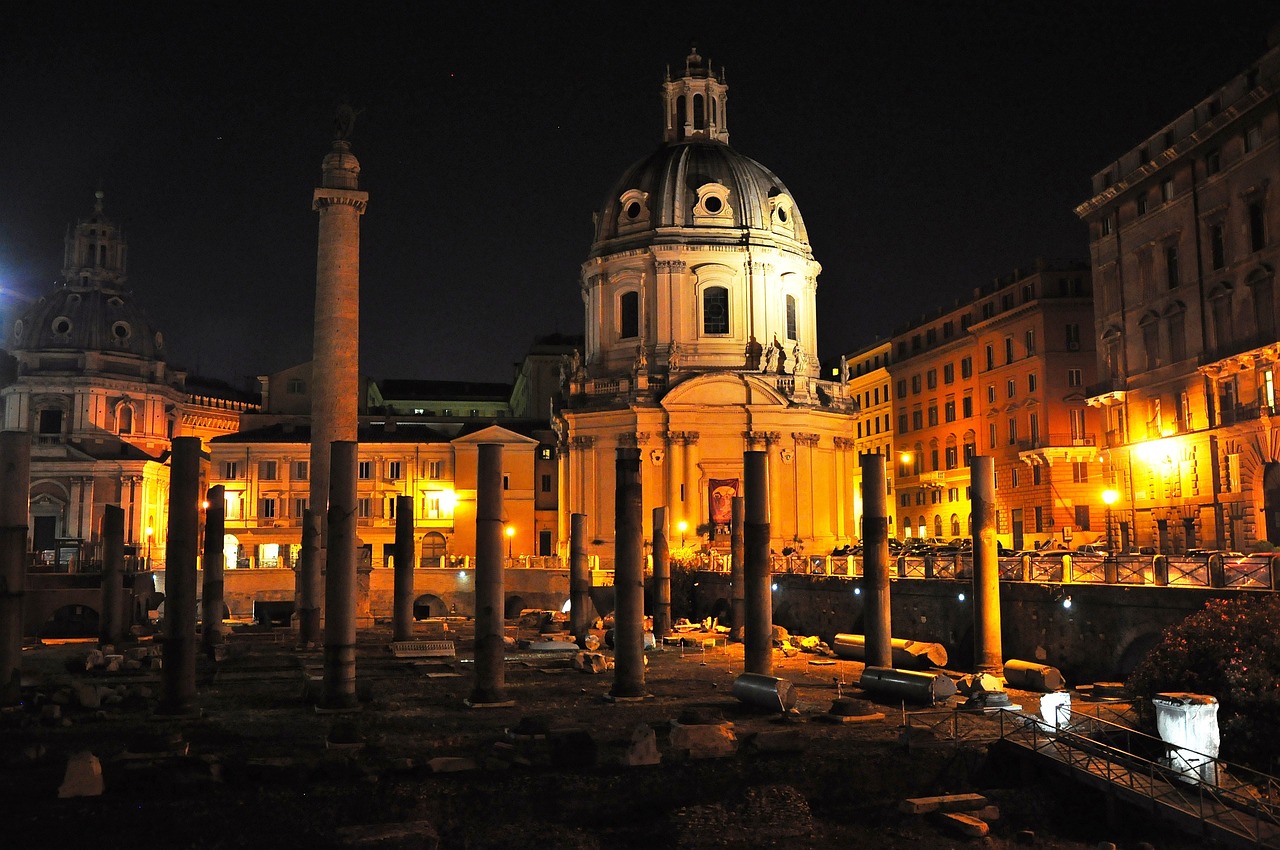
Rituals and Ceremonies
Rituals and ceremonies held significant importance in ancient societies, serving as the cornerstone of religious practices and communal bonding. Religious leaders played a pivotal role in conducting these sacred rituals, which ranged from elaborate ceremonies to simple rites performed regularly.
These rituals were not merely empty gestures; they were believed to maintain the cosmic order, appease deities, and ensure the well-being of the community. Through these ceremonies, religious leaders communicated with the divine, sought blessings for the people, and marked important events such as harvests, births, deaths, and celestial occurrences.
One of the most common rituals led by religious leaders was sacrificial offerings, where animals or valuable goods were presented to the gods as a sign of reverence and gratitude. These ceremonies were often accompanied by prayers, chants, and symbolic gestures that reinforced the spiritual connection between the worshippers and the divine.
Moreover, rituals and ceremonies were not limited to grand temples or official gatherings; they permeated daily life, with households conducting their own rites under the guidance of religious leaders. These rituals instilled a sense of sacredness in everyday activities, fostering a deep spiritual awareness among the people.
Through the meticulous performance of rituals and ceremonies, religious leaders upheld traditions, passed down sacred knowledge, and united the community in shared beliefs and practices. The continuity of these rituals over generations created a sense of cultural identity and spiritual continuity that bound ancient societies together.

Education and Knowledge Preservation
Education and knowledge preservation were fundamental roles of religious leaders in ancient societies. These revered figures served as the primary educators, imparting wisdom, history, and cultural traditions to the community. Through oral teachings, scriptures, and sacred texts, they ensured the continuity of knowledge across generations, safeguarding the rich tapestry of their civilization's heritage. Just like a lighthouse guiding ships through treacherous waters, religious leaders illuminated the path of learning and understanding for their followers, nurturing the intellectual growth and spiritual development of the society.
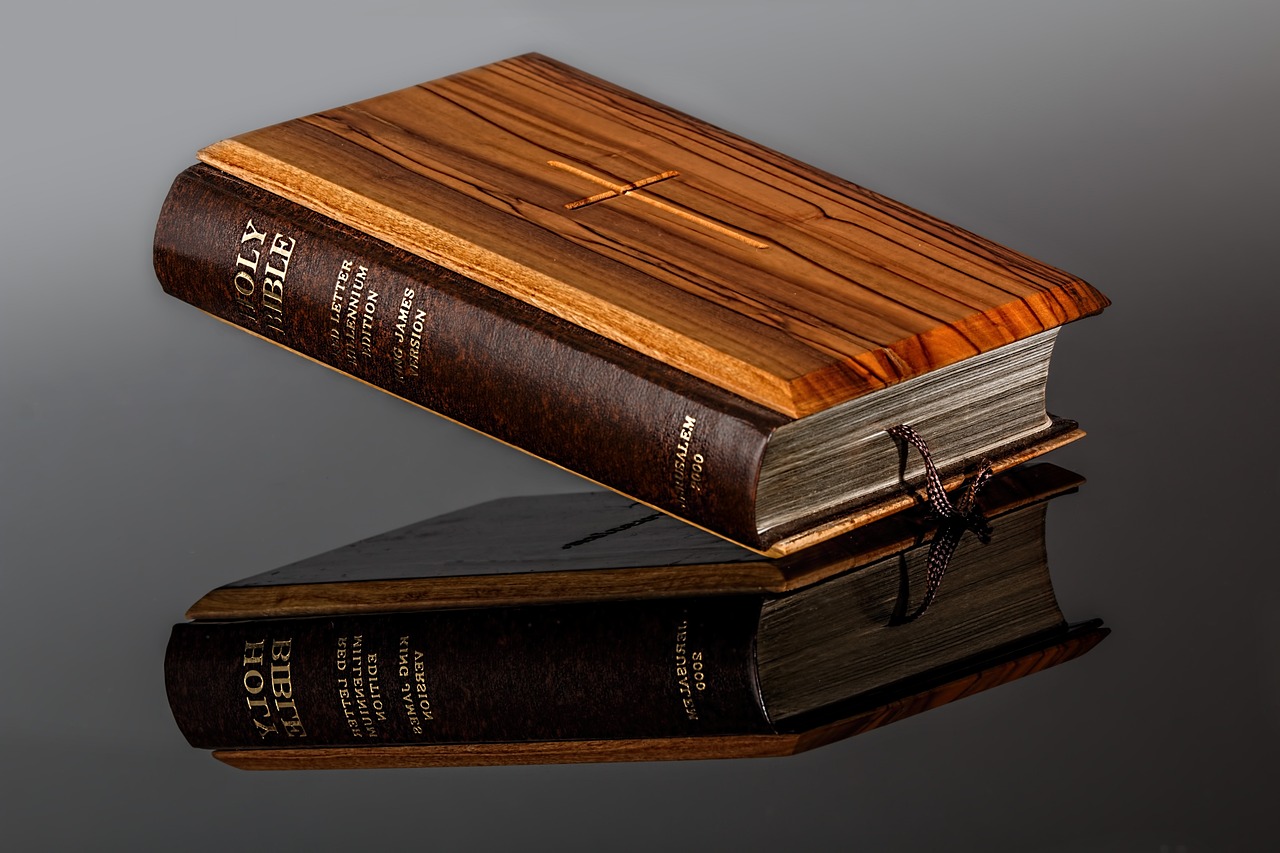
Healing and Spiritual Guidance
Religious leaders in ancient societies held a multifaceted role, not only as spiritual guides but also as healers. Their influence extended beyond the realm of prayers and rituals to encompass the physical and spiritual well-being of their communities. Through the power of divine intervention, religious leaders offered comfort, guidance, and healing to those in need, addressing a wide range of ailments that afflicted both the body and the soul.
Utilizing a combination of prayers, rituals, and traditional remedies, these revered figures provided a sense of hope and solace to individuals facing illness or spiritual turmoil. Their deep connection to the divine allowed them to act as conduits for healing energies, offering a source of relief and renewal to the afflicted. In times of crisis or uncertainty, the presence of religious leaders as healers brought a sense of reassurance and faith to the community.
Furthermore, the role of religious leaders in providing spiritual guidance was paramount in guiding individuals through life's challenges and uncertainties. By imparting moral teachings, ethical principles, and spiritual insights, these leaders served as beacons of wisdom and enlightenment. Their words and actions not only offered direction and clarity but also instilled a sense of purpose and meaning in the lives of their followers.
Through their profound understanding of the spiritual realm and the human condition, religious leaders were able to offer personalized guidance and support to individuals seeking answers to existential questions or struggling with inner conflicts. Whether through one-on-one counseling sessions or public sermons, these spiritual guides played a crucial role in nurturing the spiritual growth and well-being of their communities.
In times of crisis, religious leaders provided a source of strength and resilience, helping individuals navigate the complexities of life with faith and courage. Their presence was not only comforting but also transformative, inspiring individuals to overcome adversity and embrace hope. By offering a combination of healing and spiritual guidance, these revered figures left a lasting impact on the hearts and minds of those they served, fostering a sense of unity and purpose within ancient societies.

Community Leadership
In ancient societies, the role of religious leaders extended beyond spiritual matters to encompass community leadership. These revered figures were not only seen as religious authorities but also as pillars of the community, guiding and uniting the people in various endeavors. Religious leaders often organized charity initiatives, welfare activities, and communal events aimed at fostering solidarity and cooperation among the populace. Through their leadership, they instilled a sense of belonging and mutual support within the community, ensuring that individuals looked out for one another. Their influence went beyond the confines of religious rituals, permeating into the fabric of daily life and social interactions.
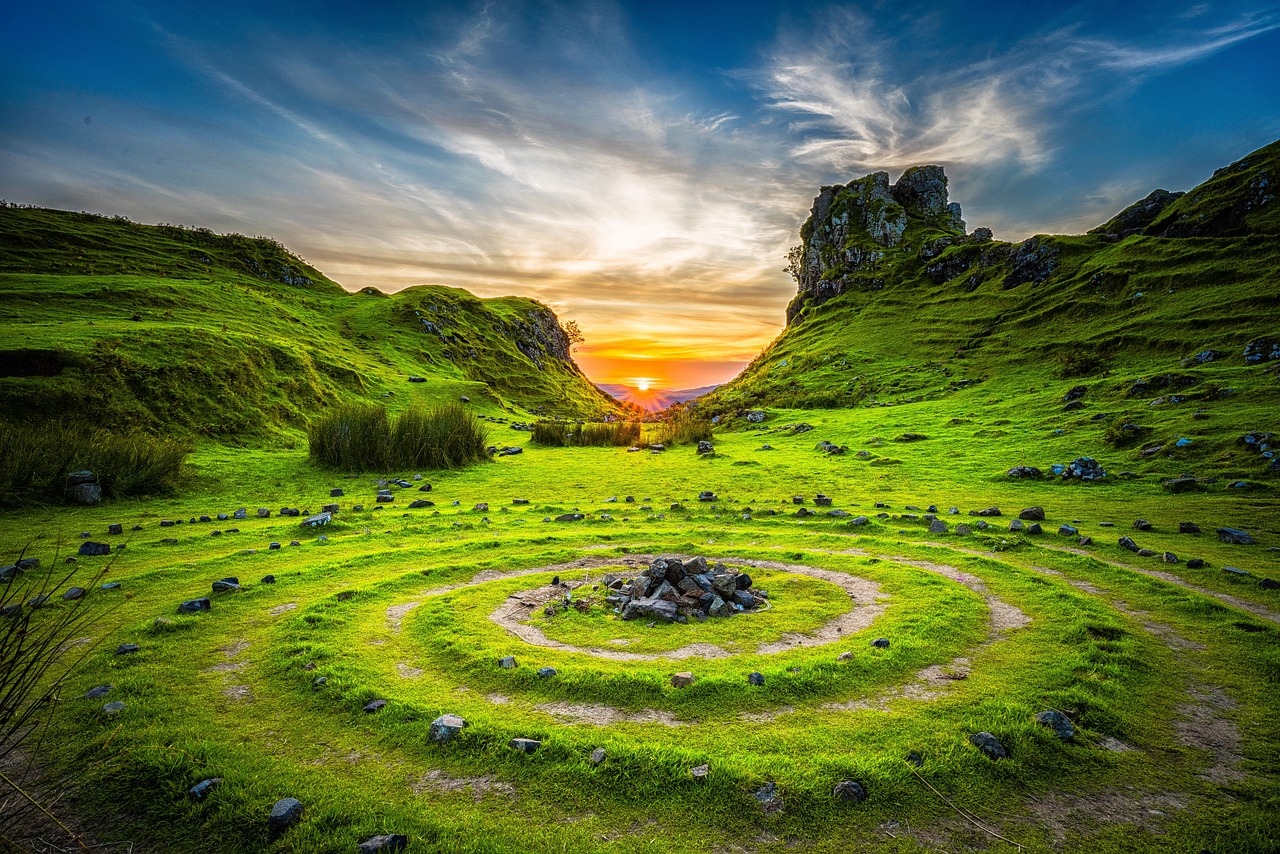
Interactions with Other Civilizations
Interactions with other civilizations played a crucial role in shaping the beliefs, practices, and ideologies of ancient societies. Religious leaders often served as intermediaries in cultural exchanges, diplomatic relations, and conflicts between different civilizations. Through these interactions, religious beliefs and rituals were shared, adapted, or sometimes even challenged, leading to the evolution and diversification of religious practices across regions.
Moreover, religious leaders facilitated the spread of knowledge, art, and technology between civilizations, contributing to the enrichment of cultural heritage and the advancement of societies. These interactions were not only limited to peaceful exchanges but also involved periods of tension and conflict, where religious differences sometimes led to misunderstandings or even wars.
Through their roles as spiritual guides and ambassadors, religious leaders influenced the perception of their own societies by outsiders and vice versa. They acted as representatives of their cultures, promoting understanding, tolerance, and cooperation, while also defending the traditions and beliefs of their own people in the face of external influences.
Overall, the interactions between religious leaders and other civilizations were dynamic and multifaceted, leaving a lasting impact on the religious landscape, cultural development, and historical narratives of ancient societies.
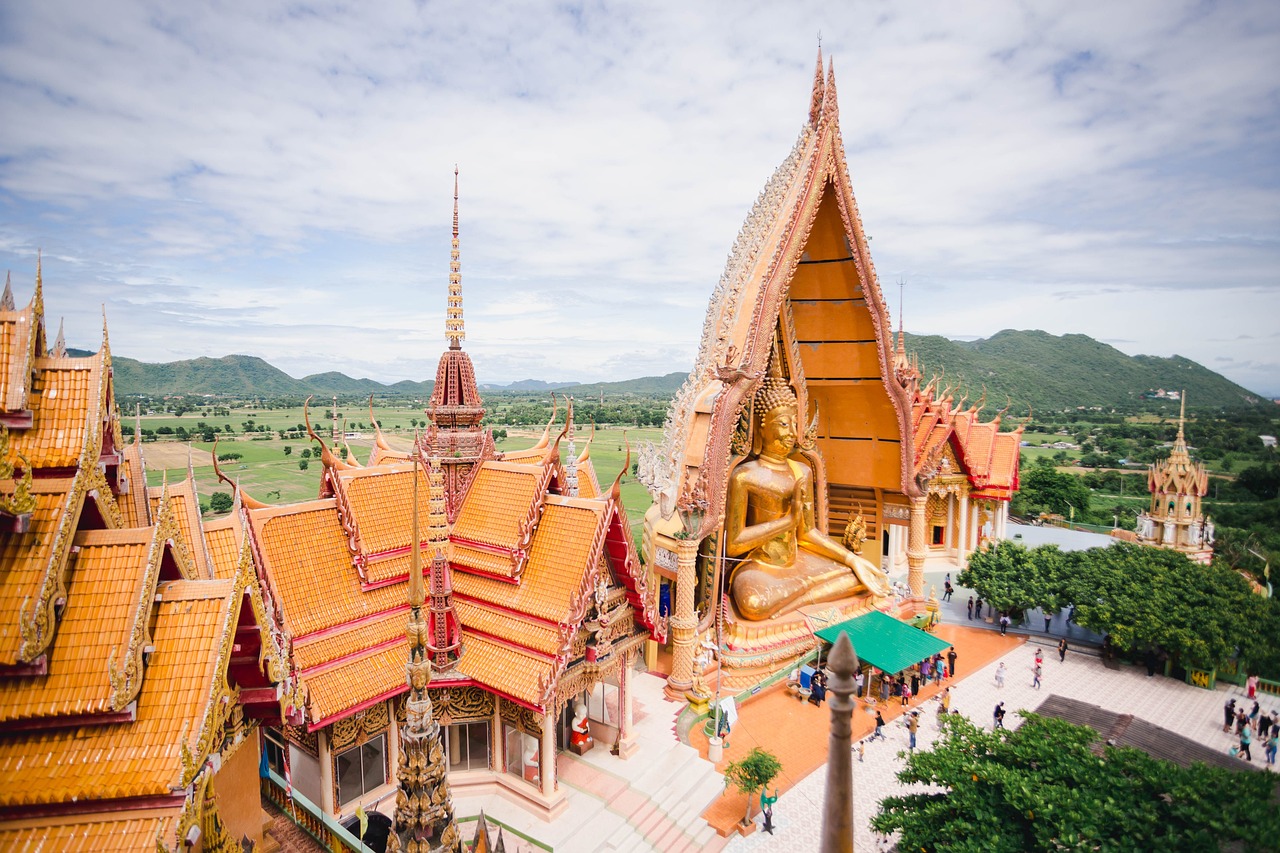
Legacy and Influence
Reflecting on the enduring legacy and influence of religious leaders in ancient societies unveils a tapestry woven with threads of profound impact. These leaders left an indelible mark on the cultural, artistic, and intellectual landscape of their time, shaping the very essence of human civilization. Their influence transcended mere temporal boundaries, extending into the realms of art, architecture, literature, and the establishment of religious institutions that continue to resonate in contemporary society.
Through their guidance and teachings, religious leaders instilled values and beliefs that permeated every aspect of ancient societies. Their influence was not confined to the spiritual realm but extended to the governance of communities, the resolution of disputes, and the preservation of cultural heritage. The legacy of these leaders is etched in the moral fabric of early human civilizations, serving as a beacon of wisdom and enlightenment for generations to come.
Moreover, the architectural marvels and artistic expressions inspired by religious leaders stand as testaments to their enduring influence. From grand temples to intricate sculptures, these creations reflect the spiritual fervor and cultural richness that characterized ancient societies. The architectural wonders crafted under the guidance of religious leaders continue to awe and inspire, offering a glimpse into the spiritual aspirations and artistic achievements of bygone eras.
Furthermore, the intellectual legacy of religious leaders endures through the preservation of knowledge and the dissemination of wisdom. Through oral traditions, sacred texts, and scholarly pursuits, these leaders safeguarded the intellectual heritage of their societies, ensuring the continuity of learning and enlightenment. Their contributions to education and knowledge preservation laid the foundation for future intellectual pursuits and scholarly endeavors.
In essence, the legacy and influence of religious leaders in ancient societies transcend the boundaries of time and space, resonating with profound significance in the tapestry of human history. Their impact reverberates through the corridors of art, culture, governance, and spirituality, leaving an indelible mark on the collective consciousness of humanity.
Frequently Asked Questions
- What was the significance of religious leaders in ancient societies?
Religious leaders in ancient societies held immense influence and responsibilities. They not only served as spiritual guides but also wielded political power, shaped societal norms, conducted rituals, preserved knowledge, provided healing and guidance, led communities, facilitated cultural interactions, and left a lasting legacy on human culture.
- How did religious leaders influence political matters in ancient civilizations?
Religious leaders often advised rulers, influenced laws, and at times even directly ruled, blurring the lines between religious and political authority. Their close connection to the divine was believed to legitimize their political decisions, making them powerful figures in shaping the governance of ancient societies.
- What role did religious leaders play in shaping societal norms and values?
Religious leaders played a crucial role in shaping societal norms by enforcing moral codes, resolving disputes, and maintaining social order through religious teachings and practices. They were instrumental in fostering a sense of community, unity, and cooperation among the people through shared beliefs and rituals.
- How did religious leaders contribute to the preservation of knowledge and education?
Religious leaders served as educators, preserving knowledge, history, and cultural traditions through oral teachings, scriptures, and sacred texts. They ensured the continuity of wisdom across generations, playing a vital role in the education and intellectual development of ancient societies.
- What was the role of religious leaders in providing healing and spiritual guidance?
Religious leaders acted as healers and spiritual guides, offering comfort, guidance, and healing through prayers, rituals, and divine interventions. They addressed both physical and spiritual ailments, providing a source of solace and support to individuals in need within their communities.














